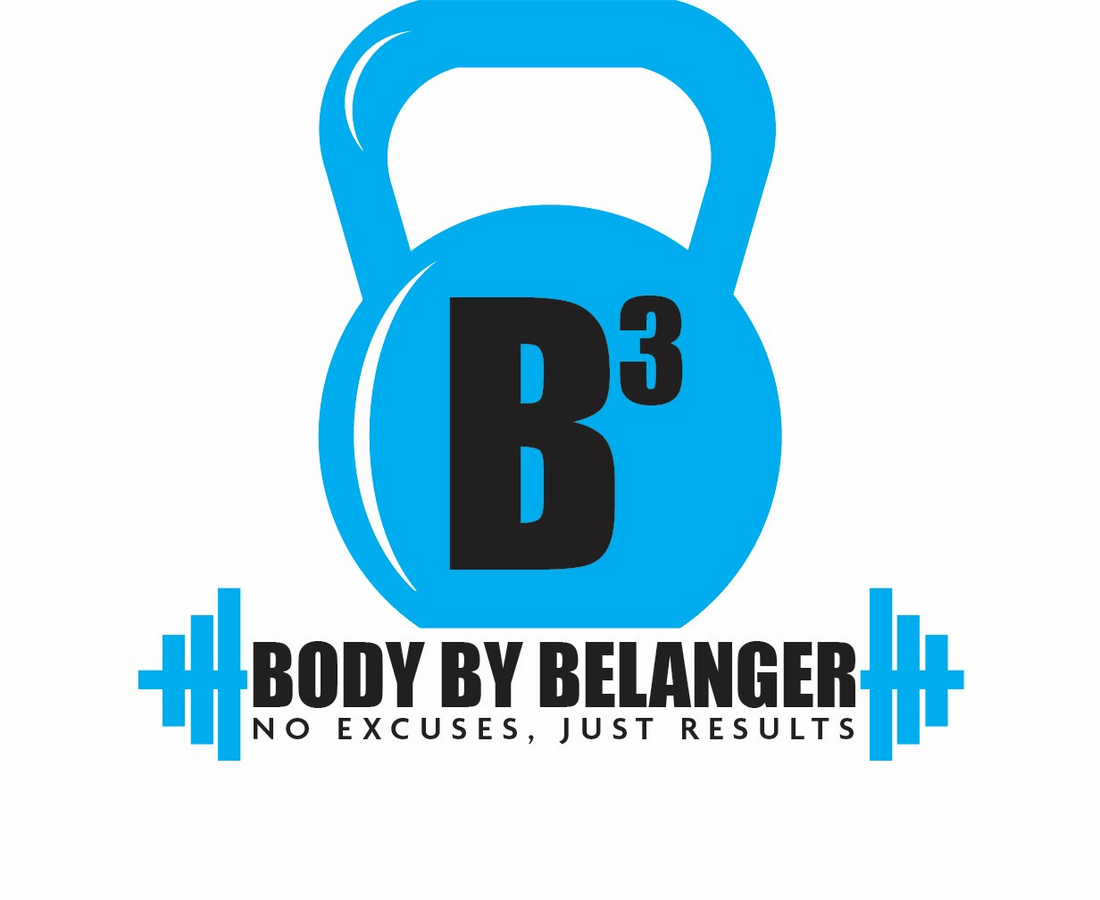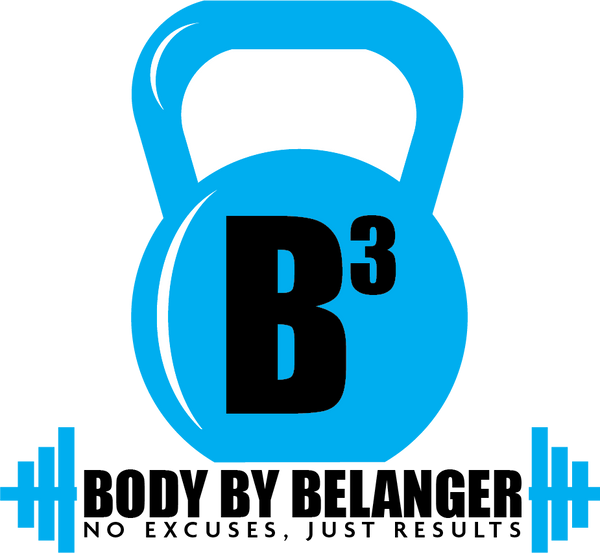
Fueling Recovery: My Go-To Nutrition Tips for Faster Muscle Repair
Share
Recovery is just as important as the work I put in at the gym. If I’m not giving my body the right fuel, I’m slowing down progress, increasing soreness, and leaving gains on the table. Over the years, I’ve dialed in my nutrition to optimize muscle recovery and performance, making sure I’m ready to show up at 100% for the next training session. Whether it’s for strength, endurance, or overall athletic performance, proper nutrition plays a huge role in bouncing back stronger.
Here are the key strategies I follow to speed up recovery and keep my body performing at its best:
1. Protein is King
When I train, I’m breaking down muscle fibers, and without enough protein, they can’t repair and grow stronger. That’s why I prioritize high-quality protein sources throughout the day, not just post-workout. My staples include lean meats like chicken, turkey, and beef, as well as eggs, Greek yogurt, cottage cheese, and whey protein. I aim to get at least 0.8–1 gram of protein per pound of body weight to ensure I’m meeting my recovery needs. If I have a particularly intense training session, I’ll bump it up even higher to maximize muscle protein synthesis.
2. Carbs Aren’t the Enemy
There was a time when I tried to go low-carb, thinking it would keep me lean, but all it did was leave me feeling sluggish and under-recovered. Carbs are fuel, and they play a crucial role in replenishing glycogen stores that get depleted during training. The key is choosing the right kinds of carbs, complex sources that provide sustained energy without causing crashes. My go-to carbs are sweet potatoes, quinoa, oats, rice, lentils, and fruits like bananas and berries. I aim to eat a solid serving of carbs post-workout to jumpstart recovery and ensure my body is ready for the next session.
3. Hydration is Everything
It’s easy to overlook hydration, but even mild dehydration can lead to decreased performance, muscle cramps, and longer recovery times. I aim to drink at least a gallon of water per day, especially when I’m training hard. But water alone isn’t enough, I make sure to replenish electrolytes like sodium, potassium, and magnesium, especially after intense workouts. I use electrolyte powders or add pink Himalayan salt to my water to keep everything balanced. Proper hydration helps with digestion, nutrient absorption, and keeping my muscles from tightening up.
4. Healthy Fats for Recovery
Fat is often misunderstood, but it plays a huge role in managing inflammation and supporting overall recovery. I include plenty of omega-3-rich foods like salmon, walnuts, chia seeds, and flaxseeds in my diet to help reduce muscle soreness. Avocados, olive oil, and almonds are also regulars in my meals because they provide essential fatty acids that keep my body running efficiently.
5. Antioxidants for Muscle Repair
After intense workouts, my body experiences oxidative stress, which can slow down recovery. That’s why I make sure to include plenty of antioxidant-rich foods to help combat inflammation and speed up the healing process. Some of my favorite sources are berries, spinach, kale, dark chocolate, green tea, and turmeric. I also make it a point to get enough vitamin C and zinc, both of which are crucial for tissue repair.
6. Timing is Key
That post-workout window is real. While total daily intake matters most, eating within 30–60 minutes after a workout helps my muscles recover faster and reduces soreness. I make sure to have a meal or shake with a balanced ratio of protein and carbs right after training. One of my go-to post-workout meals is grilled chicken with sweet potatoes and spinach, or if I’m short on time, I’ll go with a protein shake.
7. Smart Supplementation
While I believe whole foods should always come first, there are a few supplements that I use to optimize my recovery:
- Creatine Monohydrate — Helps with muscle recovery, strength, and endurance. I take 5g daily, no cycling needed.
- BCAAs (Branched-Chain Amino Acids) — Useful for long training sessions to reduce muscle breakdown.
- Ashwagandha — A powerful adaptogen that helps lower cortisol levels, manage stress, and support muscle recovery.
- Sea Moss — Packed with minerals that aid in muscle function, hydration, and recovery. I take this in gel or capsule form.
- Pre-Workout — Helps with energy, focus, and endurance during training. I look for a clean formula with caffeine, beta-alanine, and citrulline malate to enhance blood flow and performance.
Supplements are just that, supplemental. They help fill in gaps, but they should never replace real, nutrient-dense foods.
8. Sleep & Stress Management
Nutrition isn’t the only piece of the recovery puzzle. If I’m not sleeping enough or managing stress, no amount of protein or carbs will make up for it. I aim for 7–9 hours of quality sleep per night because that’s when my body does the most repairing. I also use sauna sessions and active recovery days to keep my body feeling fresh.
Final Thoughts
Recovery isn’t just about resting, it’s about giving my body what it needs to rebuild and come back stronger. The right nutrition, hydration, and recovery practices can make all the difference in performance, strength gains, and overall well-being.
